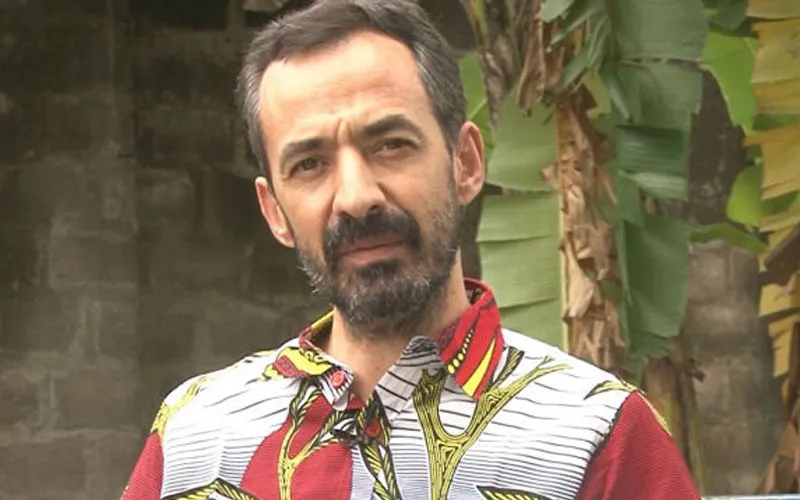“The theft of natural resources, the insecurity, the attacks by armed groups, the extreme poverty in which a great part of the population lives, all this will be present in this visit,” the charity foundation further says.
Fr. Oliveira is quoted as saying that meetings that are already scheduled for the July trip are an example that Pope Francis really wants to know the problems and make contact with the people, with the victims of violence, with the disinherited of fortune, and those who suffered, a year ago, with the eruption of the Nyiragongo volcano.
“The Pope will not only visit Kinshasa. He will also pass through the city of Goma, where, a few months ago, the Nyiragongo volcano erupted. And the Pope will be with the victims of the volcanic eruption,” the native of Portugal who serves as the Provincial Administrator of the Comboni Missionaries in DRC says in the May 31 report.
“A visit to the city of Beni-Butembo was also planned, but for logistical reasons it will not be able to take place,” he says, adding that victims of attacks in the city of Butembo-Beni will, however, come and see the Pope.
Fr. Oliveira says that Pope Francis’ visit to DRC is an encouragement and “will certainly be an important moment to help the Christians to reconciliation.”
The visit will be historic also because of the visibility that the Holy Father will give to many of the problems that the country has been facing for several years, including insecurity and poverty in which a large part of the population lives, he told ACN Portugal.
“The news that comes out of the Democratic Republic of Congo is not very famous,” Fr. Oliveira says, and explains, “The question of the lack of security is very big, whether in the cities, but especially in the interior, in the eastern part of the country, with many armed attacks, many tribal conflicts, and all this with the interest in the subsoil.”
In the May 31 report, ACN Portugal finds it regrettable that it is in one of the countries endowed with most natural wealth that misery lies.
Such a situation, the Pontifical foundation observes from the interview with Fr. Oliveira, is “an apparent contradiction that can only be understood with greed, unbridled profit and lack of respect for local populations.”
“This is a country that is very rich in gold, diamonds, cobalt, coltan... and all this makes for attacks to try to break the populations and then take possession of the land. Of course, all this with a lot of interest from the international community, as well as from all the neighboring countries, who seek to steal, who seek to take some of the wealth in a fraudulent way... how much wealth, how much wood, how much gold, how many diamonds are taken without being paid... So many people who die in the mines, especially of cobalt, are buried in the landslides,” the Catholic Priest is quoted as saying.








